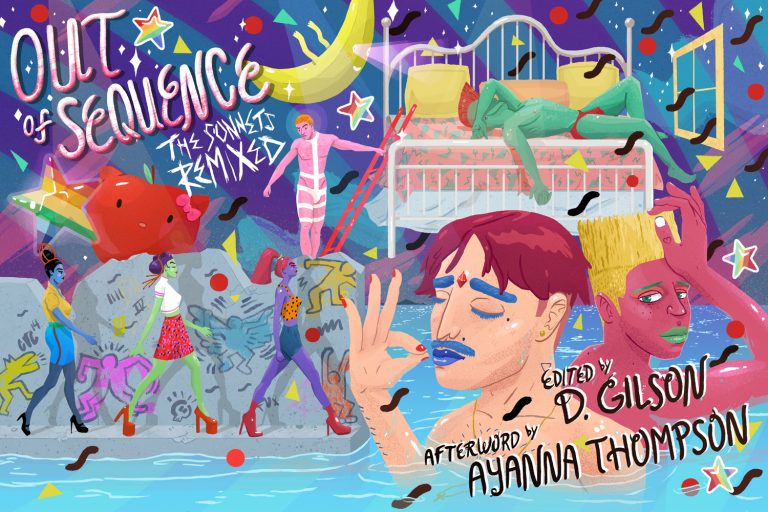MW Bychowski publishes “Unconfessing Transgender” in OA journal

Announcement: M.W. Bychowski published an article, “Unconfessing Transgender: Dysphoric Youths and the Medicalization of Madness in John Gower’s “Tale of Iphis and Ianthe” in the OA journal Accessus
Abstract:
On the brink of the twenty-first century, Judith Butler argues in “Undiagnosing Gender” that the Diagnostic and Statistical Manual of Mental Disorders (DSM) defines the psychiatric condition of “Gender Identity Disorder” (or “Gender Dysphoria”) in ways that control biological diversity and construct “transgender” as a marginalized identity. By turning the study of gender away from vulnerable individuals and towards the broader systems of power, Butler works to liberate bodies from the medical mechanisms managing difference and precluding potentially disruptive innovations in forms of life and embodiment by creating categories of gender and disability.
Turning to the brink of the 15th century, we find that John Gower’s Confessio Amantis narrates the division and dysphoria of gender according to the hermeneutic of the seven deadly sins. The “Tale of Iphis and Ianthe” occurs in the Confessio’s Book IV on “acedia,” or sloth. Iphis, whose story is bordered by a priest’s penitential advice and thereby related to sloth, is a biologically female youth dressed as a boy and later physically transformed into a man. Medieval disability scholars have demonstrated that for premodern thinkers, religion and medicine were so intertwined as to be inseparable, especially in cases such as the management of sloth, where the symptoms of depression, despair, and sluggishness spanned the categorizes of physical and spiritual disease. Gower himself considers the God of Love to be both cause and physician of this ailment.
In “Unconfessing Transgender,” I contend that Gower’s text considers the medical definition and control of medieval “trans” bodies under the auspices of sin by presenting both Iphis’s problem and cure as socially constructed. The first part of this article explores “Divisioun and Dysphoria” to establish how Gower prefigures the modern social model of transgender as an experience of living in a world full of change and contradiction. In part two, the particular social forms of “divisioun” identified as “Acedia and Depression” signal Gower’s discussion of the sin of sloth that frames the “Tale of Iphis and Ianthe.” In the third part, I examine how Gower’s removal of the dysphoric youth’s voice and agency in the tale emphasizes the systematic character of suffering caused by a dysphoric Nature (represented by Isis) and a subjugating patriarchal Nature (represented by Eros).
For more information available at Transliterature Online (www.ThingsTransform.com)






